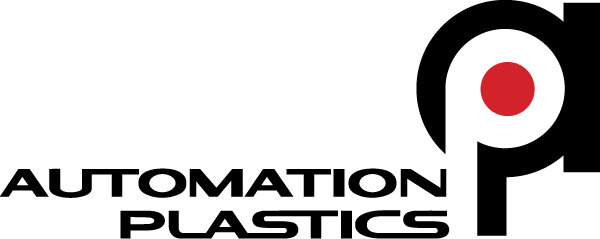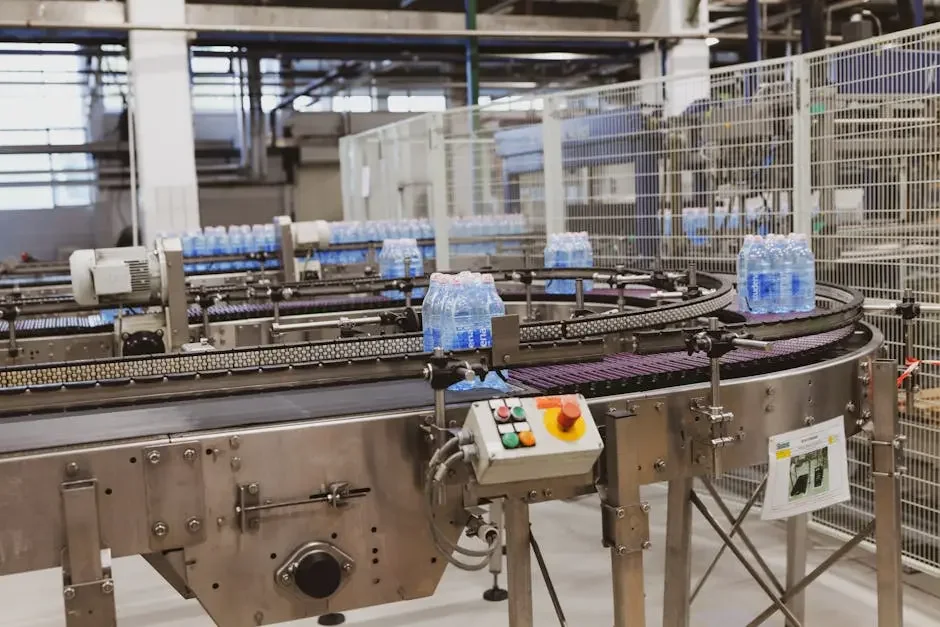9 Common Mistakes in High-Volume Plastic Production and How to Avoid Them
High-volume plastic production can be a game-changer for your manufacturing business, but it often comes with its own set of challenges. In this blog, we'll explore common mistakes that people make in this industry and provide practical solutions to avoid them. By understanding these pitfalls, you can streamline your production process, reduce waste, and improve product quality.
1. Neglecting Quality Control Procedures
Quality control is essential in high-volume plastic production. Skipping or underestimating these procedures can lead to defective products and loss of customer trust. Implementing a robust quality assurance system is critical to identify issues early in the production process. This way, you save both time and resources while ensuring that your customers receive the best possible product.
Moreover, establishing routine quality checks can prevent minor flaws from snowballing into significant problems. Training staff specifically on quality control processes can help instill a culture of accountability. By encouraging every team member to take ownership of quality, you create a win-win scenario where both the business and its clients benefit.
2. Underestimating Material Costs
Material costs can fluctuate significantly. Underestimating them can lead to budget overruns that impact your entire production plan. One effective strategy is to keep an eye on market trends and adjust your forecasts accordingly. This forecasting should be dynamic, revisiting your estimates regularly to reflect real-time changes in material prices.
It's also helpful to build strong relationships with suppliers. A reliable supplier can offer you insights into upcoming price changes, allowing for better planning. Additionally, consider bulk purchasing to lock in lower prices when possible, but be careful not to overstock materials, which ties up your capital!
3. Ignoring Equipment Maintenance
Regular maintenance of production equipment is crucial to prevent costly breakdowns. Ignoring this important aspect can lead to unexpected downtimes and repair costs that can significantly disrupt your production schedule. Establishing a simple but effective maintenance schedule can keep your operations running smoothly.
Each piece of equipment has its own needs, so tailoring your maintenance plan to each one will yield the best results. Furthermore, documenting maintenance activities not only helps track performance but also assists in budgeting for future repairs and upgrades. Don't let equipment issues be the Achilles' heel of your production line.
4. Failing to Train Employees Properly
Well-trained employees are key to efficient production. When team members have the correct knowledge and skills, the production process becomes more effective and less error-prone. Investing time and resources in ongoing training is essential for enhancing productivity and safety in your facility.
Consider creating a comprehensive training program that not only covers initial job skills but also introduces employees to advancements in technology relevant to high-volume plastic production. This proactive approach ensures that your staff remains competent and confident, which translates directly into your bottom line.
5. Overlooking Environmental Regulations
Environmental compliance is not just a legal requirement; it’s good business practice. Overlooking these regulations can lead to hefty fines and damage your company's reputation. Staying informed about environmental laws in your area related to plastic production can help mitigate risks associated with non-compliance.
Additionally, actively seeking ways to minimize your environmental footprint can differentiate your business in a competitive market. This can be as simple as optimizing production processes to reduce waste or investing in recyclable materials. Customers appreciate businesses that prioritize sustainability, which can be a selling point.
6. Ineffective Supply Chain Management
A weak supply chain can cripple production. Understanding the dynamics of supply chain management is crucial for maintaining efficiency in high-volume plastic production. This involves strengthening relationships with suppliers and maintaining an open line of communication to anticipate issues before they arise.
Utilizing technology such as supply chain management software can also provide valuable insights into inventory and logistics. Being proactive in your supply chain strategy allows for smoother operations and fewer hiccups, leading to a more consistent product delivery schedule.
7. Overproduction and Inventory Issues
Producing more than necessary can lead to waste and increased storage costs. Understanding market demand is vital; if you can accurately predict what the market needs, you can manage your production volumes better. Too much inventory ties up valuable resources that could be more effectively utilized elsewhere.
Implementing a just-in-time (JIT) production strategy could be beneficial in aligning your production output closely with demand. This method not only helps in minimizing waste but also allows you to adapt rapidly to changing market conditions. Balance is the key!
8. Failure to Adapt to Technology Changes
As technology evolves, so must your production techniques. Sticking with outdated methods can hinder your efficiency and cost-effectiveness. Discovering and embracing new technologies can significantly improve overall productivity while lowering production costs.
Consider regularly assessing your production processes to identify areas that could benefit from technological upgrades. It may seem like an investment upfront, but the long-term savings and improved quality often outweigh the costs. Remaining competitive means being adaptable!
9. Lack of Clear Communication
Miscommunication can lead to significant production delays. Establishing a culture where clear communication is prioritized can greatly enhance the efficiency of your operations. Hold regular meetings to ensure everyone is on the same page, and consider technology platforms to streamline information sharing.
Encouraging an open-door policy for discussing challenges can also foster a collaborative environment where issues are resolved quickly. Ultimately, clear communication can prevent errors and enhance teamwork, which is vital in the fast-paced world of high-volume plastic production.

